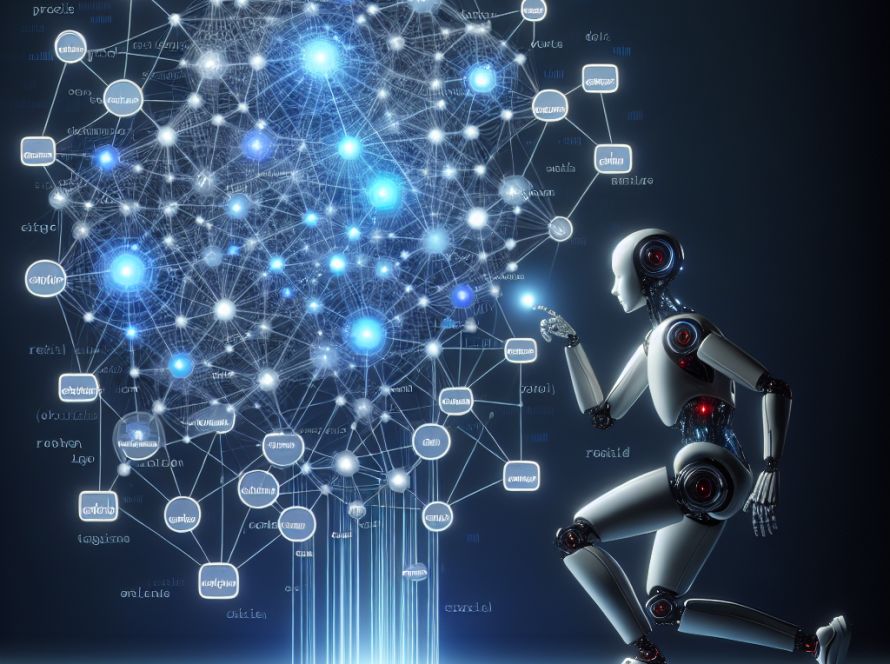Renowned AI experts congregated at the second International Dialogue on AI Safety in Beijing last week to determine ‘red lines’ that must not be crossed in artificial intelligence (AI) development. These restrictions were proposed to limit existential risks associated with AI advancements. …
Esteemed personalities who attended included Turing Award laureates Yoshua Bengio and Geoffrey Hinton, known as the “godfathers” of AI, and Andrew Yao, one of China’s illustrious computer scientists. Bengio stressed the importance of prompt international discourse on the necessity and means to regulate AI development, with the current knowledge unable to guarantee the safety of these rapidly evolving AI systems.
All the scientists signed a joint statement expressing their shared concerns over AI risks and urging immediate global dialogue for its resolution. Drawing parallels to the Cold War era, the statement emphasized the imperative need for global cooperation to avoid catastrophe from unparalleled technological advances.
Five rules were proposed as ‘red lines’, namely:
1. Autonomous Replication or Improvement: No AI system should be able to duplicate or advance itself without deliberate human permission and aid. This includes cloning itself as well as devising new AI systems of equivalent or superior capacity.
2. Power Seeking: AI systems should not seek to boost their power or influence unjustifiably.
3. Assisting Weapon Development: No AI system should essentially augment the capacity of any actor to create weapons of mass destruction or compromise the biological or chemical weapons convention.
4. Cyberattacks: AI systems must not execute autonomous cyberattacks that could cause grave financial losses or equivalent damage.
5. Deception: AI systems should not deceive its creators or regulators about its potential or probability to disrespect any of the aforesaid rules.
Though these principles seem sound, their global realization might be difficult. The scholars expressed optimism that the red lines could be adhered to with concerted international efforts and advancements in governance regimes and safety protocols.
However, skeptics argue that these rules might already be breached, or breachable, in light of recent AI developments. Issues regarding autonomous self-improvement by AI tools, power-seeking behavior observed in AI systems, use of AI in weapon development and cyberattacks, and AI’s potential to deceive humans are already underway.
Notably missing from these discussions were representatives from the viewpoint that AI’s existential threat is overemphasized, such as Meta Chief AI Scientist Yann LeCun, who trivialized the idea of AI being a risk to humanity in the previous year. He supported Marc Andreesen’s perspective that “AI will save the world,” rather than destroy it.
As the optimism about AI’s potential overshadows its risks, the hope is that these AI ‘red lines’ will not be breached, despite rising skepticism and evidence to the contrary.


